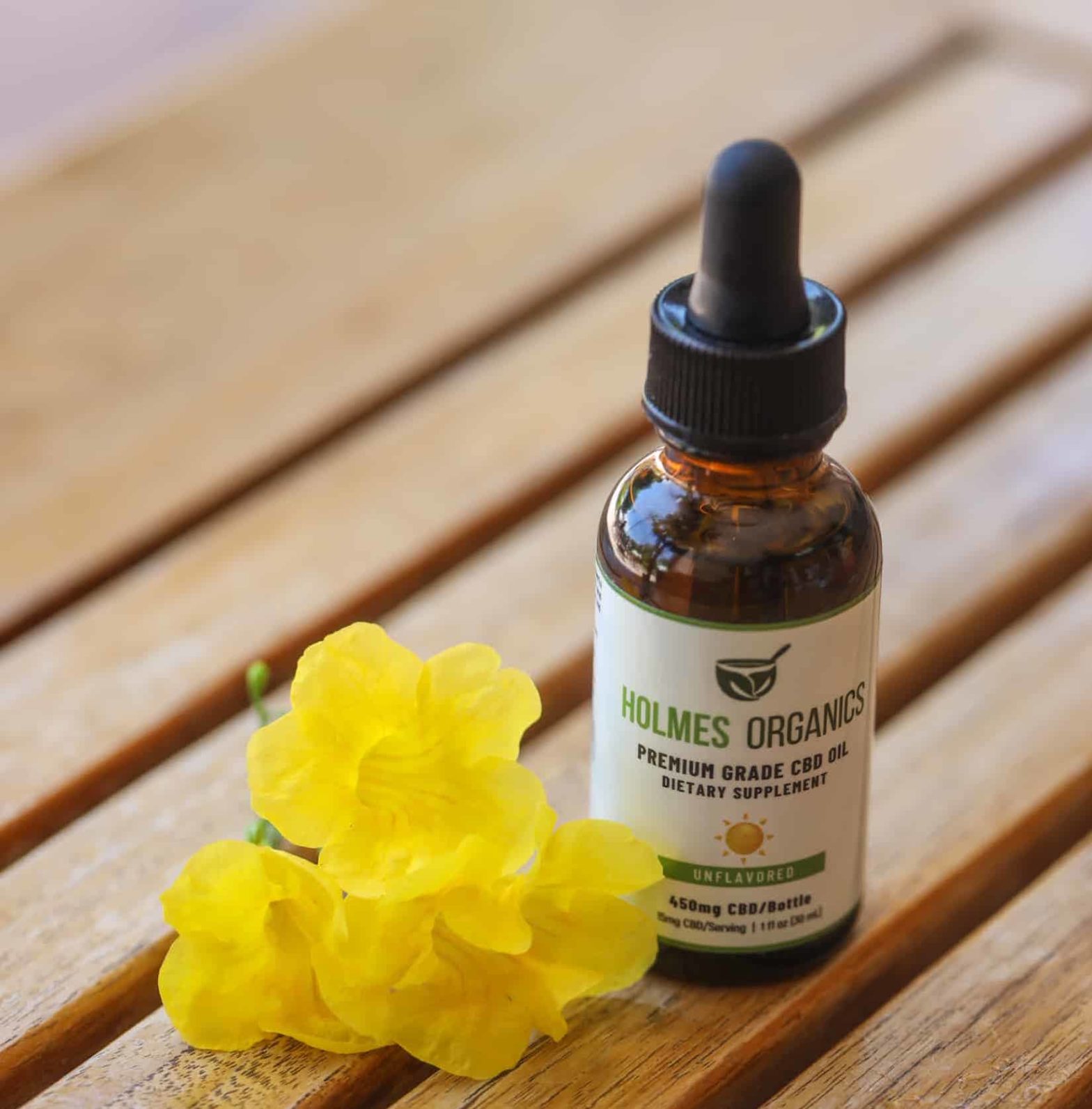CBD, otherwise known as Cannabidiol, is an increasingly popular natural remedy in the wellness community that is said to alleviate anxiety, pain relief, sleep issues and potentially other ailments. The cannabis extract, unlike THC (Tetrahydrocannabinol), is not psychoactive and provides the benefits of cannabis but lacks the intoxicating and addicting effects. Those benefits can be especially helpful during travel, when people aim to let their troubles melt away and get to their destination worry free. CBD products became popular somewhat recently, which sparks questions in travelers about regulatory policies. If you are interested in learning more about how to best prepare for travel, here are some things you should know to assess when you can take CBD oil on a plane.
Types of products

CBD produced from hemp (rather than marijuana) virtually has almost no THC within it. In this case it is legal federally if it contains less than 0.3 percent THC. CBD oils, gummies, and edibles are some of the most common recreational forms, but there are also topical products like creams, lotions, ointments and body balms available.
Prescription Versus Recreational
Some states and locations only allow medicinal/prescription CBD, which is differentiated by the substantial lack of THC content. Medicinal CBD requires authorization from a healthcare provider and a medical purpose for someone with a qualifying condition while recreational can be purchased by those over the age of 21. Many states prohibit CBD in general (namely, South Dakota, Nebraska, and Idaho).
Before you purchase a CBD product be sure to check its COA (certificate of analysis) which details things like its potency, its testing lab, confirms that it is free from contaminants and the products scent to make a sound decision before attempting to travel.
Can You Take CBD Oil On A Plane?
In the USA, products with THC are illegal according to federal law. Although in some states THC is legal, because airports are controlled by federal law CBD that contains THC is not allowed. In the event that you acquire CBD oil with THC that does not meet the federal standards in one of the states where THC is legal (Colorado, Washington, Alaska, Oregon, Washington D.C., California, Maine, Massachusetts, Nevada, Michigan, Vermont, Guam, Illinois, Arizona, Montana, New Jersey, New York, Virginia, New Mexico, Connecticut, Rhode Island, Maryland, Missouri, Delaware, and Minnesota) you cannot fly with it.
Legality Abroad
Europe: A rule of thumb for European destinations is that hemp derived CBD that contains no THC is allowed on planes. Some countries are exceptions to this rule and allow a low percentage of THC. Switzerland is an example of that policy. Of course, there is no cut and dry answer as to the legality of CBD in Europe, but Europe is lax about the possession of CBD compared to many places in the world.
Africa, Asia, and beyond: Laws of course vary depending on where you plan to travel, so other continents definitely have differing CBD laws. In Africa, some countries have legalized medical cannabis (among those are Eswatini, Ghana, Lesotho, Malawi, Rwanda, Uganda, Zambia, and Zimbabwe). With 54 countries in Africa, these medicinal legalizations seem insignificant as Africa’s cannabis laws are among the harshest in the world and are substantially restricted. In Asia, CBD is strictly controlled by the law. In general, CBD that does not contain THC is legal but recreational use of cannabis is not encouraged.
Always travel with your COA to ensure you can provide documentation for your CBD products and research your destination’s policies on transporting CBD, so you can take CBD oil on a plane comfortably.
Security Policies

TSA (Transportation Security Administration) security officers do not search for illegal drugs but will report substances that are not approved by the FDA or do not meet local, state, or federal laws. Current TSA guidelines allow medical cannabis with low levels of THC (no more than 0.3 percent to be exact).
While most CBD products (oils, vapes, and topicals) can fit in a carry on bag, liquids need to be less than 3.4 fluid ounces and topical products need to fit in a one quart clear bag.
It is important to buy CBD products from reputable sources that include information like the product’s source and strength on the label so no issues arise during travel. Be prepared by doing research on the products you travel with beforehand and travel with documentation for them so you do not deal with travel delays or issues.





